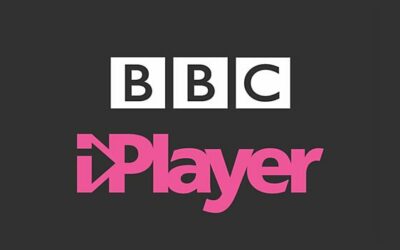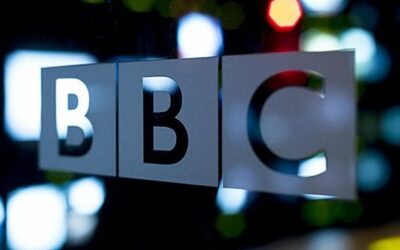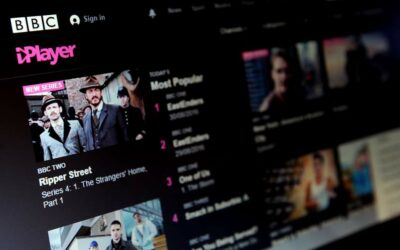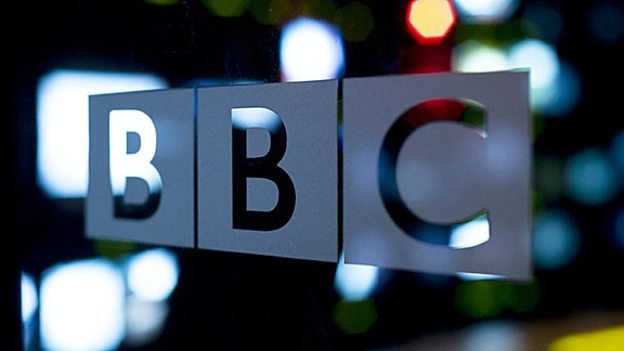Lord Hall, the BBC director-general, said: “This has not been an easy decision. Whilst we know that pensioner incomes have improved since 2000, we also know that for some the TV Licence is a lot of money. I believe we have reached the fairest judgement after weighing up all the different arguments.
“It would not be right simply to abolish all free licences. Equally it would not be right to maintain it in perpetuity given the very profound impact that would have on many BBC services.
“This decision is fairest for the poorest pensioners. Around 1.5 million households could get free TV licences if someone is over 75 and receives Pension Credit. It protects those most in need. And importantly, it is not the BBC making that judgement about poverty. It is the Government who sets and controls that measure.
“It is fairest for all audiences – of all generations, old and young – who we know value the BBC and the programmes and services we provide. It means these services can continue.
“We also need to look at how the level of the licence fee is set in the future. The last two settlements have been made in the dark and without proper consultation. It is vital that future decisions are evidence-based and made after proper consultation and scrutiny. We need to find a better way.”
The decision followed a three-month public consultation.
Age UK had argued against means-testing, saying that “even with the best will in the world, we can’t get everyone to claim the benefits they’re entitled to, which means many people who are most in need of a free TV licence would lose it”.
Sir David Clementi, the BBC chairman, said the consultation responses showed “strong support for reform”.
“Ultimately, the Board did not think it right to abolish all free TV licences,” he added. “While research suggests pensioners are now better off than they were when the concession was first introduced nearly twenty years ago, the simple fact is that many are still in poverty – and many want the companionship the BBC can provide. This was a point made by many and we listened and ruled abolition out.
“Copying the current scheme was ultimately untenable. It would have cost £745 million a year by 2021/22 – and risen to over one billion by the end of the next decade. £745 million a year is equivalent to around a fifth of the BBC’s spending on services. The scale of the current concession and its quickly rising cost would have meant profoundly damaging closures of major services that we know audiences – and older audiences in particular – love, use, and value every day.”
Reaction:
Michelle Stanistreet, NUJ general secretary: “Dumping the BBC with the responsibility for a welfare benefit was a wrongheaded act of sabotage by a government that cared little about the impact on our public service broadcaster. The burden of sustaining free licence fees for all over-75s would have propelled the BBC into catastrophic cuts and led to the closure of significant services. However, tweaking the eligibility criteria still leaves the BBC in the unpalatable position of choosing which pensioners are entitled to a free licence, at the same time as costing the corporation a massive £250million every single year.”
Will Jackson, Managing Director of AudioUK: “Given the need to target the Licence Fee concession to the most vulnerable, linking the policy to the Government’s Pensions Credit is both sensible and fair. Bearing in mind that BBC Radio is particularly valued by older people, we will continue to have discussions at the highest level of the BBC to maintain budgets to provide a range wide range of high-quality radio and audio content.”












